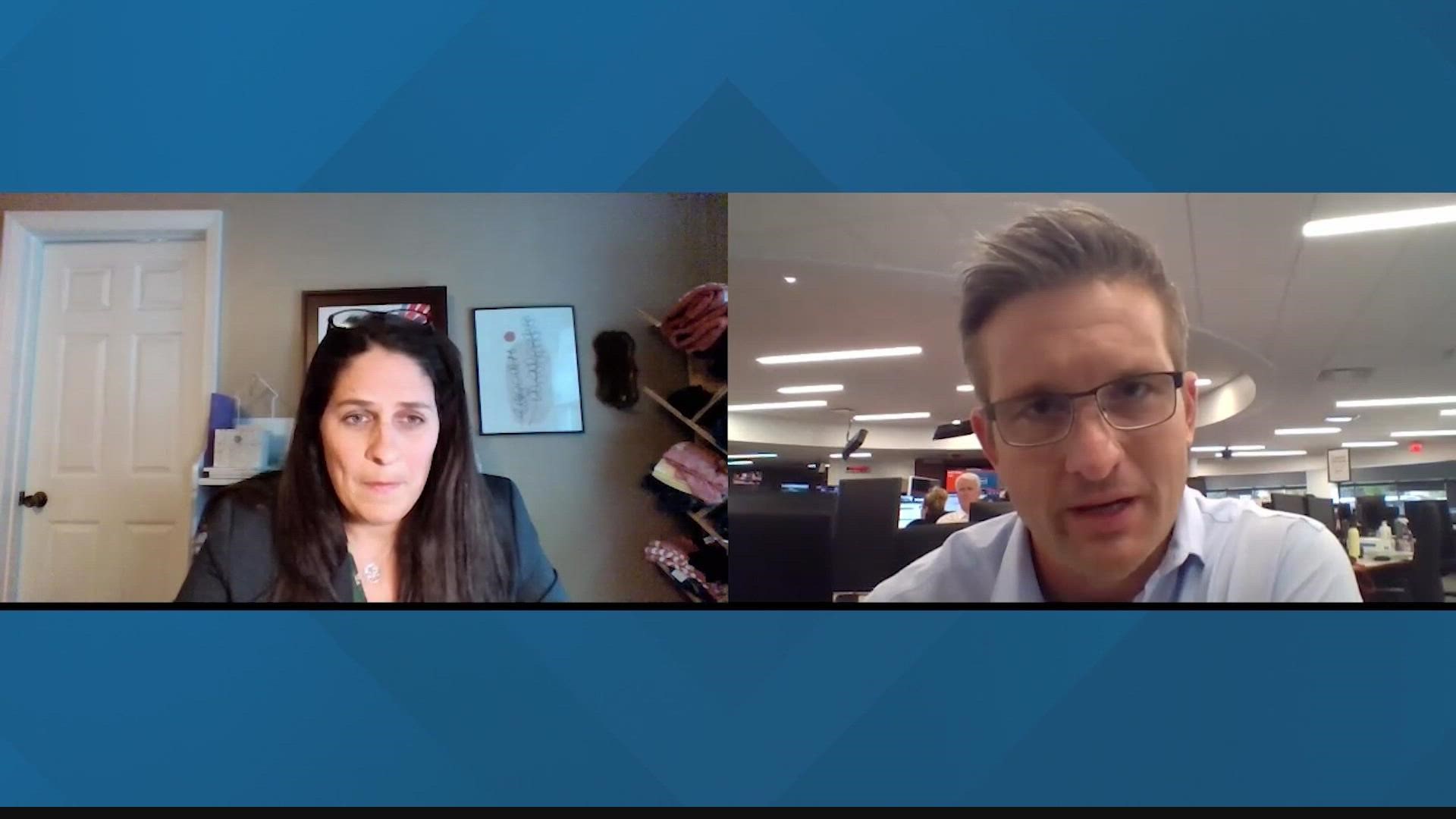INDIANAPOLIS — Mental health experts say it's important to think about how you will talk to your kids about a mass shooting — particularly when they happen at schools.
"They do feel it," said Dr. Beth Trammell, a psychologist and associate professor of psychology at Indiana University.
In general, how you talk with your kids depends on their age and personality.
"What is it that your child needs? Maybe they're a little more anxious and they need to know more of the facts? Maybe they just need to know if they're OK and they can move on," Trammel said.
Trammell recommends parents reflect on what their child needs and gather the facts about the situation before the conversation. They may even want to write them down.
"(Also) try to focus on how you're feeling. Our kids will mimic our emotional response," she said.
According to the National Association of School Psychologists:
- Reassure children that they are safe.
- Make time to talk.
- Keep your explanations developmentally appropriate:
- Early elementary school children need brief, simple information that should be balanced with reassurances that their school and homes are safe and that adults are there to protect them. Give simple examples of school safety like reminding children about exterior doors being locked, child monitoring efforts on the playground, and emergency drills practiced during the school day.
- Upper elementary and early middle school children will be more vocal in asking questions about whether they truly are safe and what is being done at their school. They may need assistance separating reality from fantasy. Discuss efforts of school and community leaders to provide safe schools.
- Upper middle school and high school students will have strong and varying opinions about the causes of violence in schools and society. They will share concrete suggestions about how to make school safer and how to prevent tragedies in society. Emphasize the role that students have in maintaining safe schools by following school safety guidelines (e.g. not providing building access to strangers, reporting strangers on campus, reporting threats to the school safety made by students or community members, etc.), communicating any personal safety concerns to school administrators, and accessing support for emotional needs.
Trammell said, while it's impossible to promise kids that they will always be safe at school, it's important to reassure them that adults are doing everything they can to keep them safe.
"You also can't assure them 100% that when they get into a car there won't be a car accident," she said. "So we can just go into this saying, 'We are doing everything we can to be safe. Your teacher and your school is doing everything they can to be safe, and we just have to trust that that is going to be enough for today. If you're worried, at any point we can have this conversation again and again.'"

